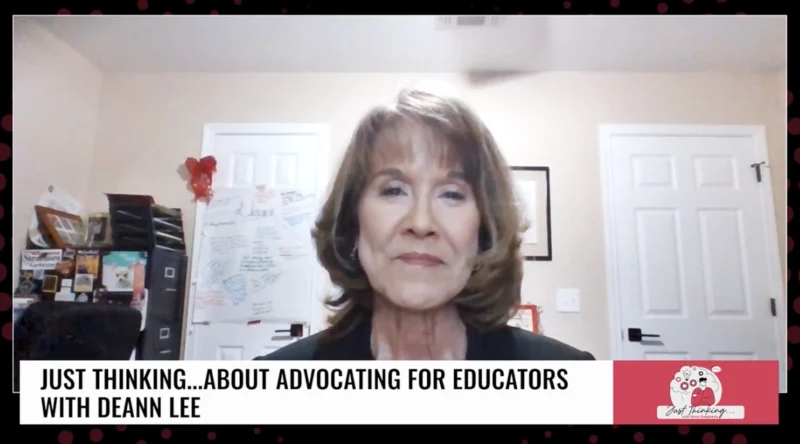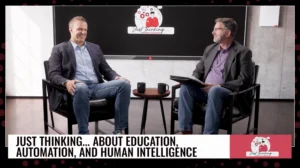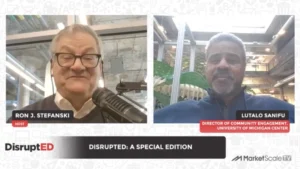How Science Education Has Adapted in 2020
Celebrating the leaders and experts that are powering education into the future, host JW Marshall sets out to ask the “right questions” in EdTech to understand the changes in policy and technology that will power our universities, tradeschools, and companies – and drive growth in upskilling certifications.
On this episode of Voices of eLearning, JW Marshall hosts Mike Marvel, the head of product development at Flinn Scientific.
Mike is a chemist by training and has a PhD from Northwestern University. Flinn Scientific makes supplies and curriculum for science from K-12 and higher learning. They create projects to get kids hands dirty to have fun learning about science.
With COVID, there has been a direct impact in the way students “do science”. Flinn Scientific focuses on students learning how to be able to gather data. Without a lab environment, Flinn Scientific has had to get creative and adaptive to online learning.
Flinn Scientifics are looking around their own homes to find unique ways to teach students from home. For example, by having only m&m’s and a paper towel, students can learn about dye molecules. With limited access to materials, Flinn Scientific shows that there are still resources within student’s homes that allow for science education.
Design thinking and problem solving are critical for any field of working. Despite students learning from home, it is crucial to continue to support student’s educational growth.
Mike was giving a workshop with teachers. One teacher in particular shared his challenge of educating his students that do not have many at home resources. They came up with the idea of placing an ice cube on a copper pan versus aluminum foil. This small experience probes a phenomenon and will create scientific discussion. Despite students having a lack of resources, there are still accessible solutions for hands-on learning experiences.
The Next Generation Science Standards (NGSS) gets students away from disciplinary core and allows students to learn firsthand through experimentation. Flinn Scientific supports these standards by providing creative activities that lead students to high level outcomes.
Listen to Previous Episodes of Voices of eLearning Right Here!










